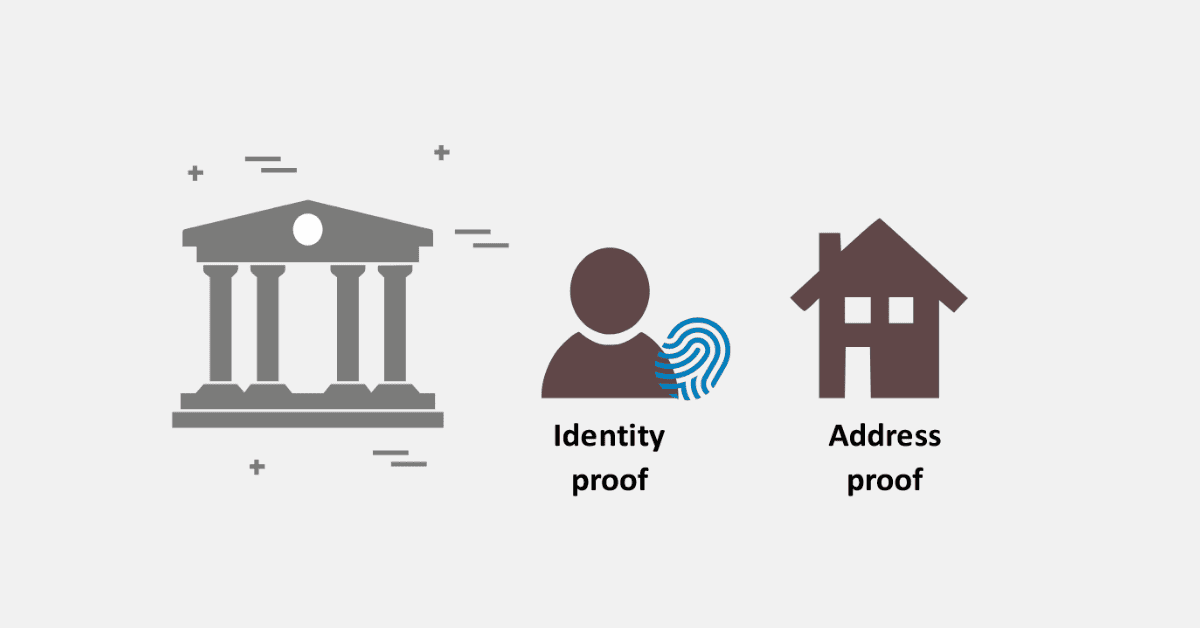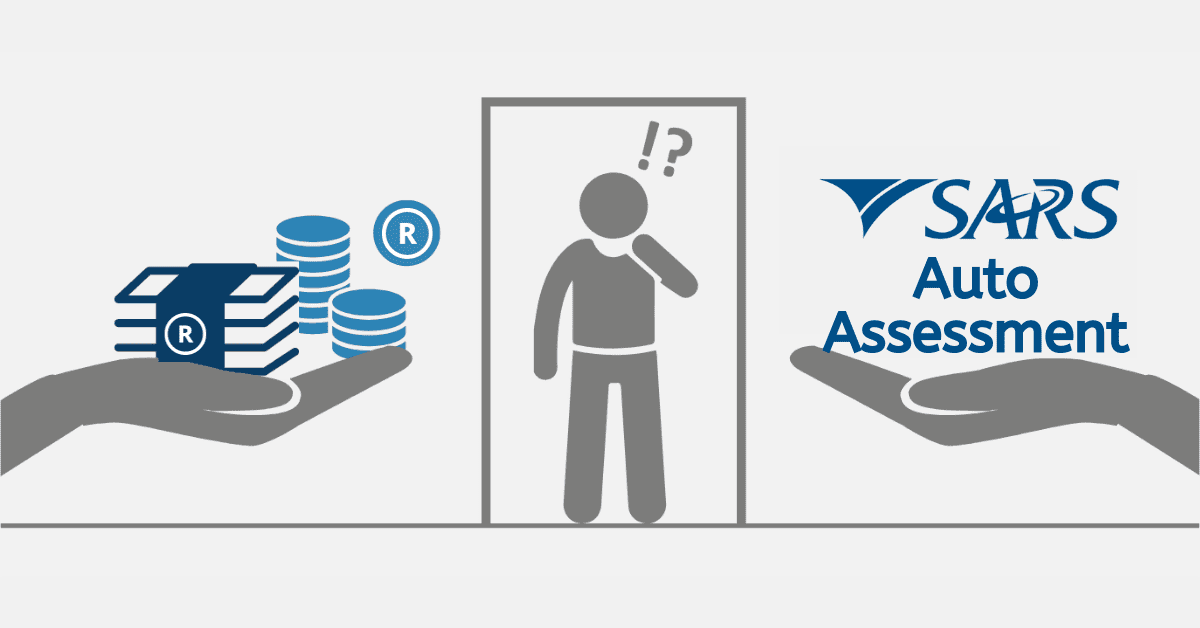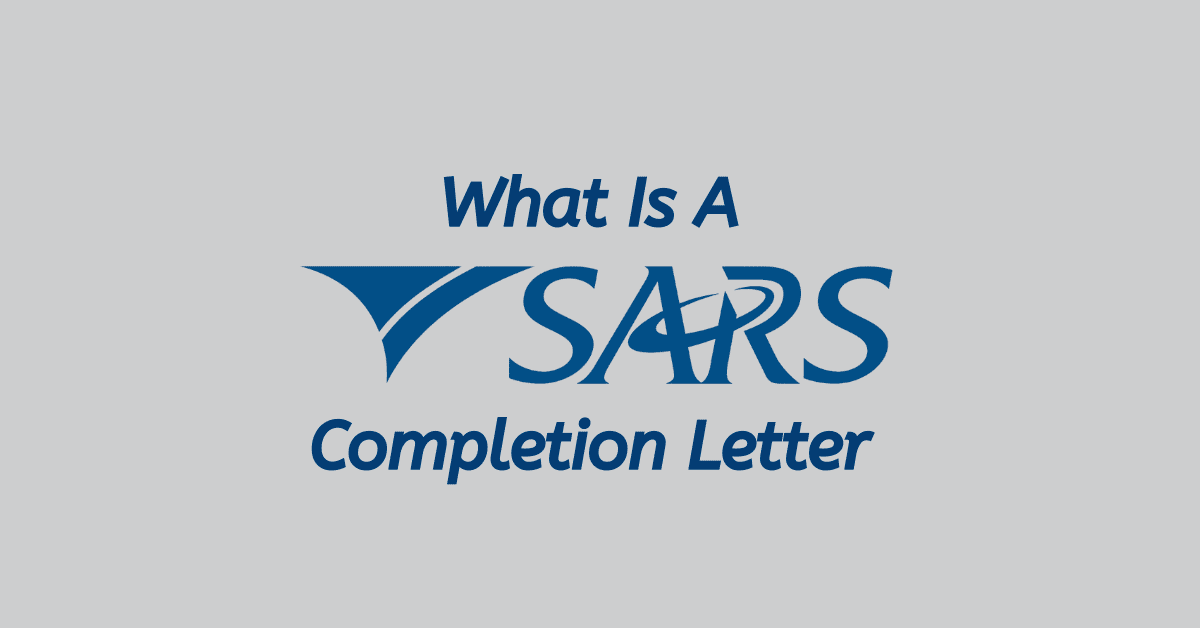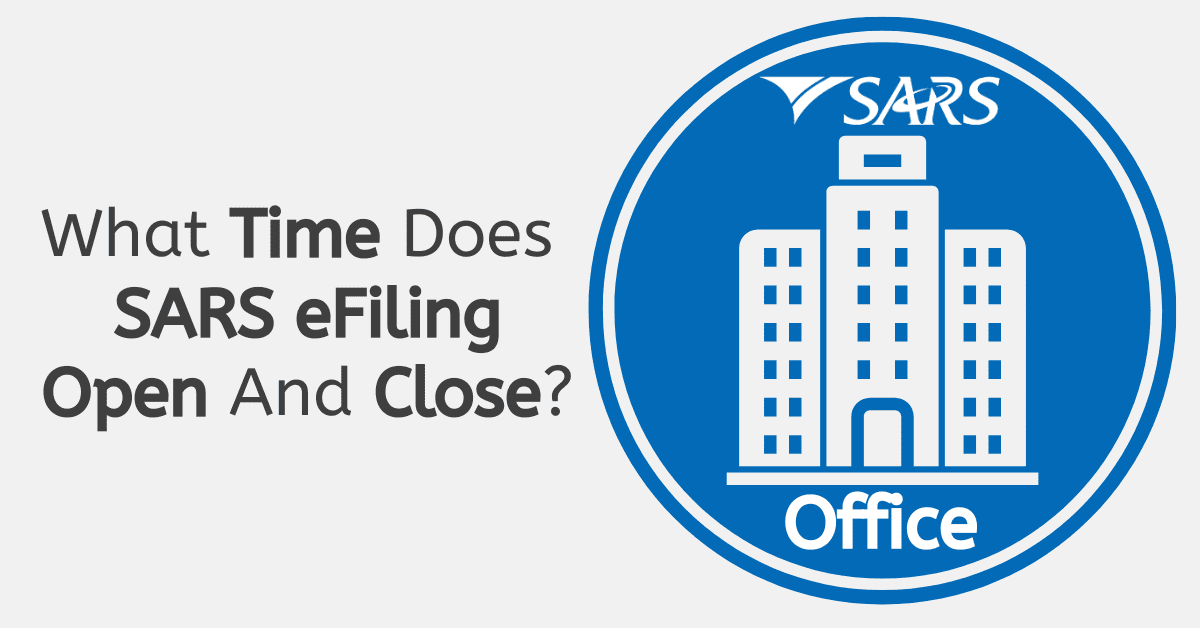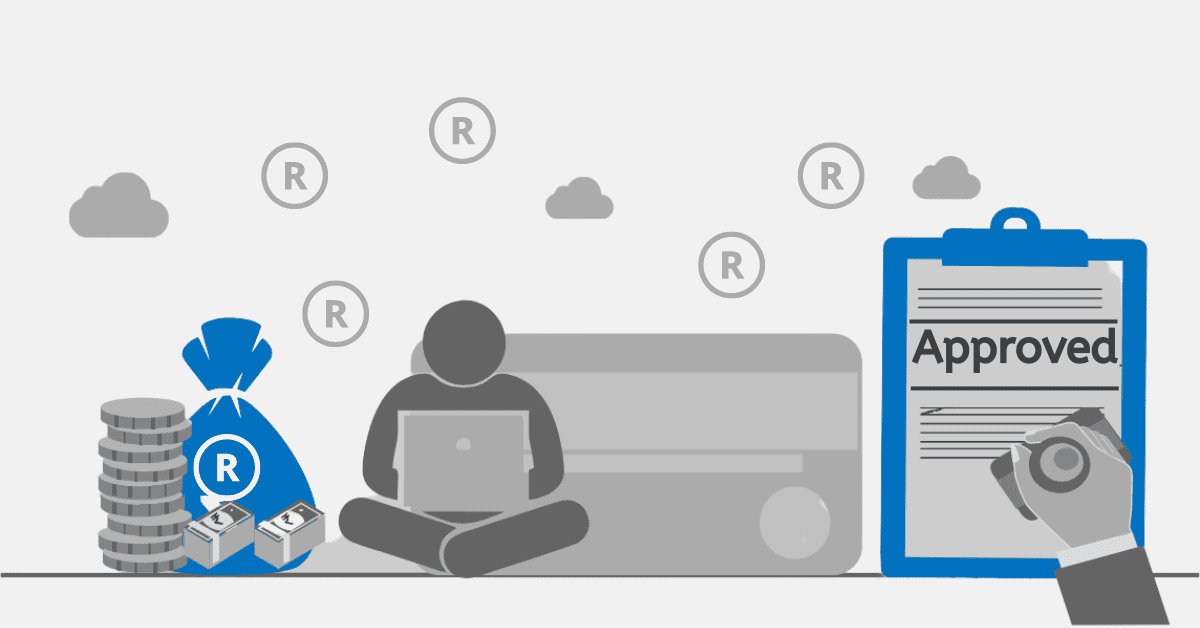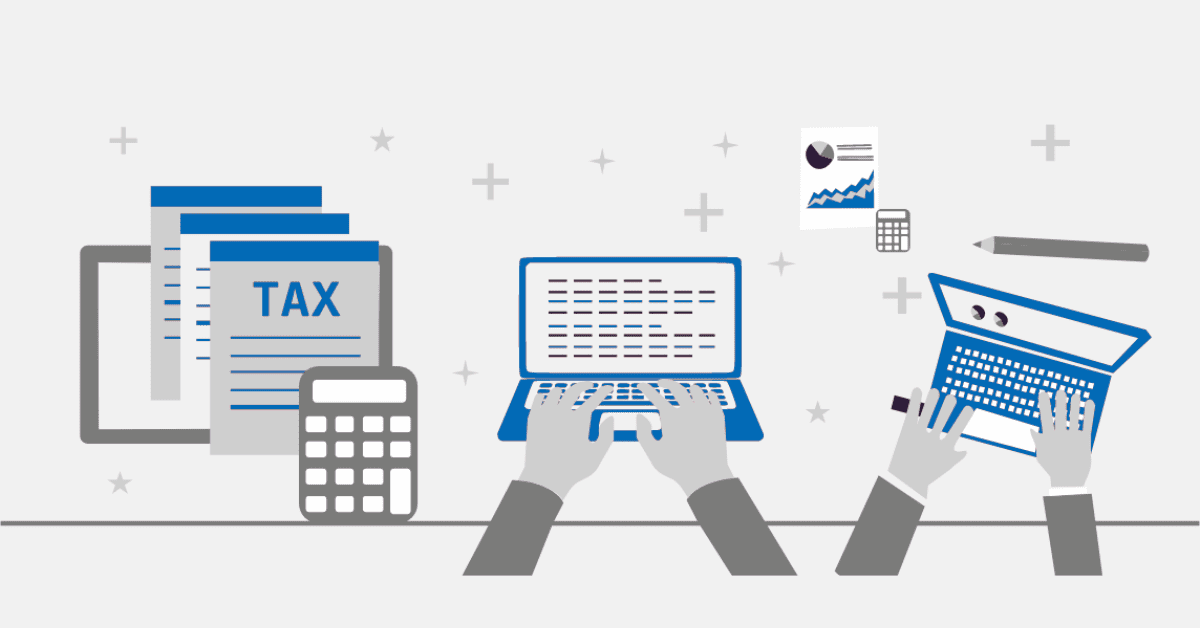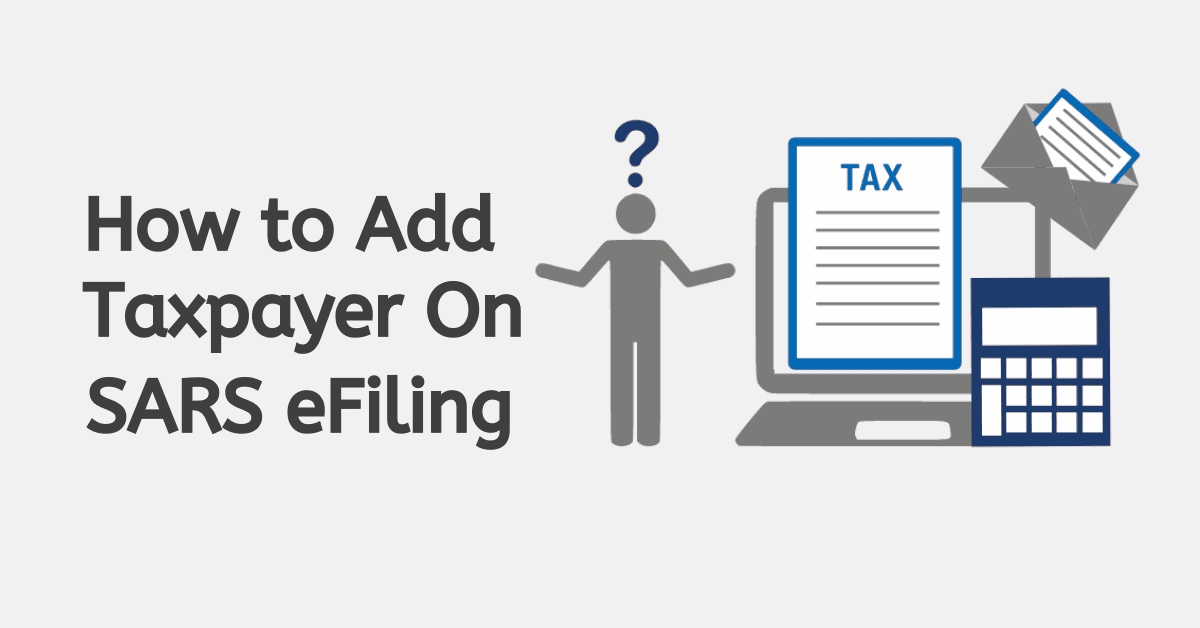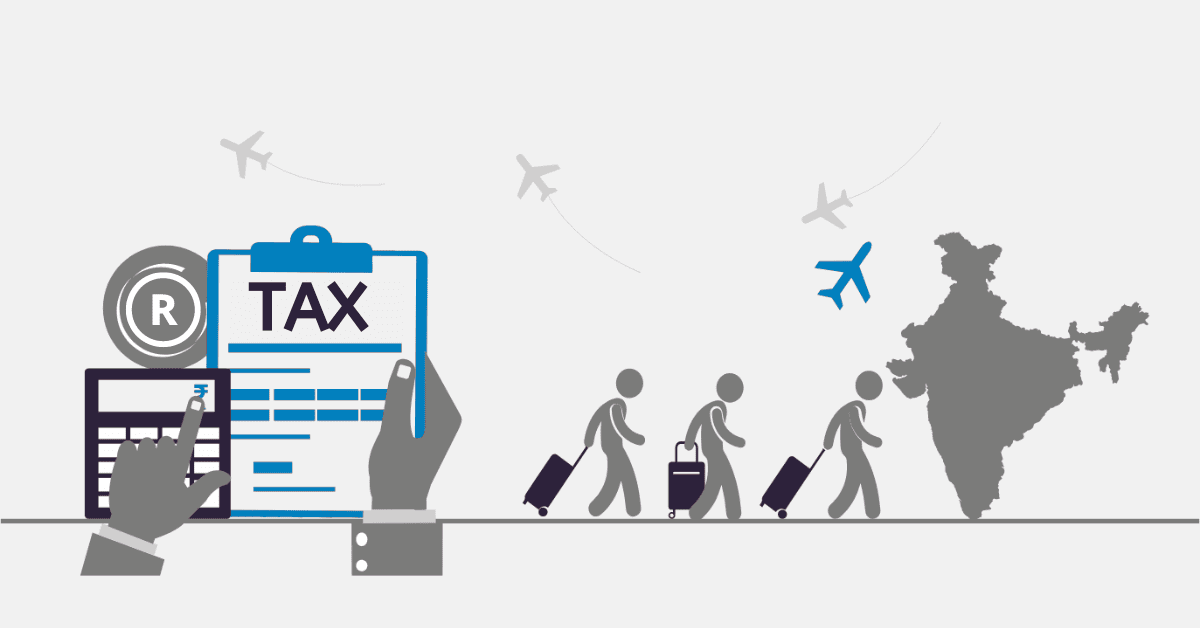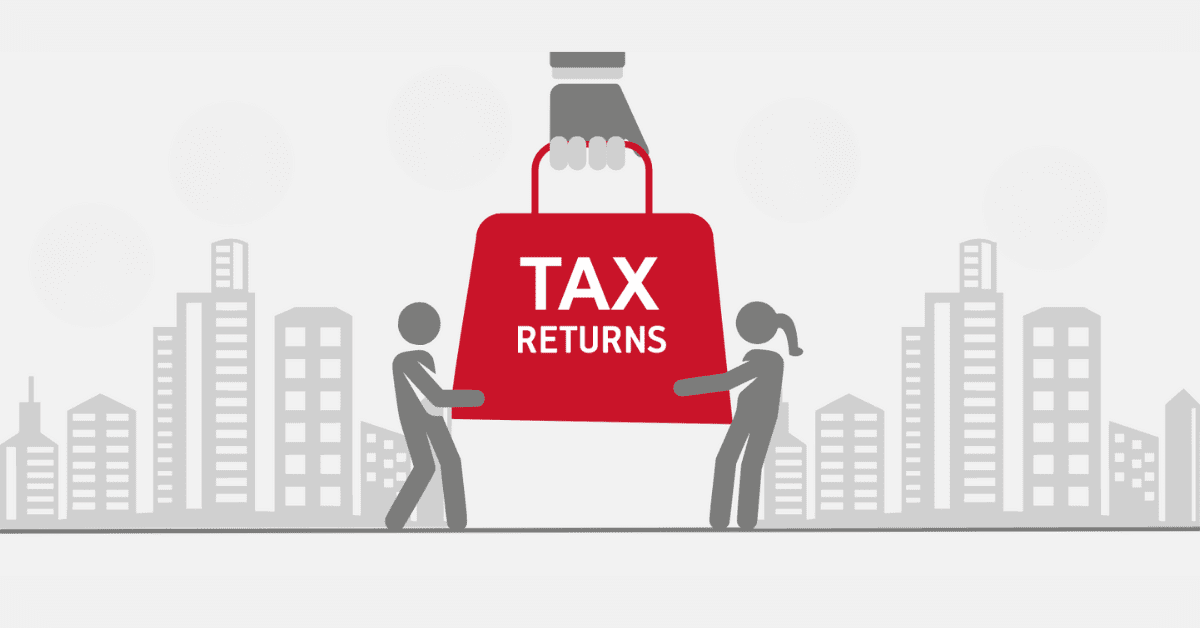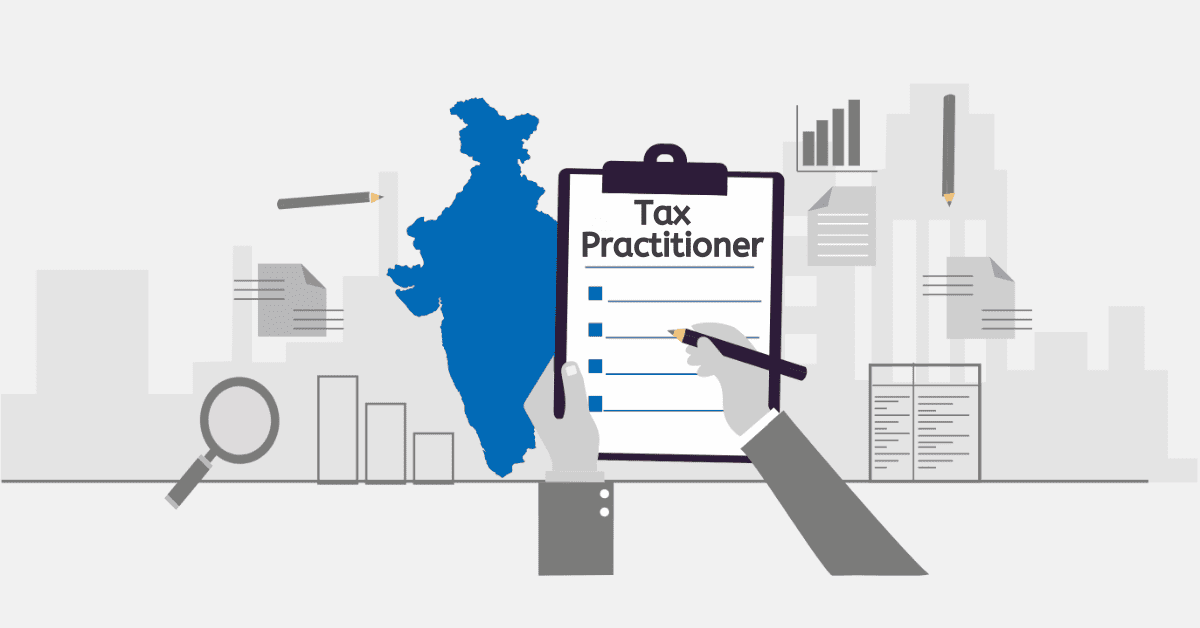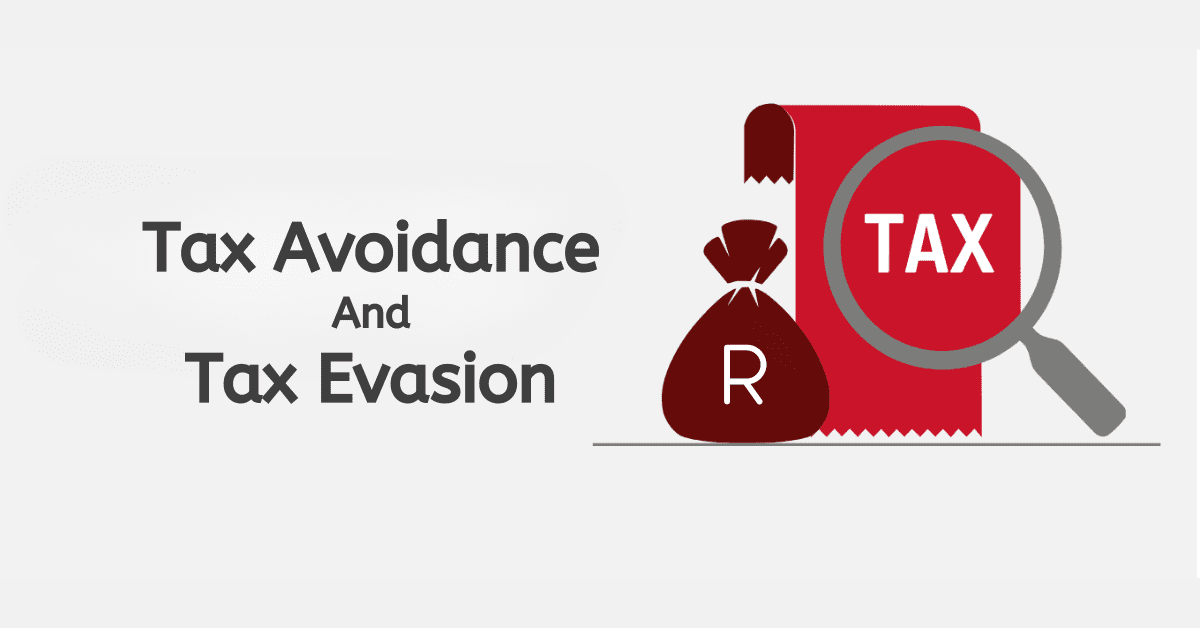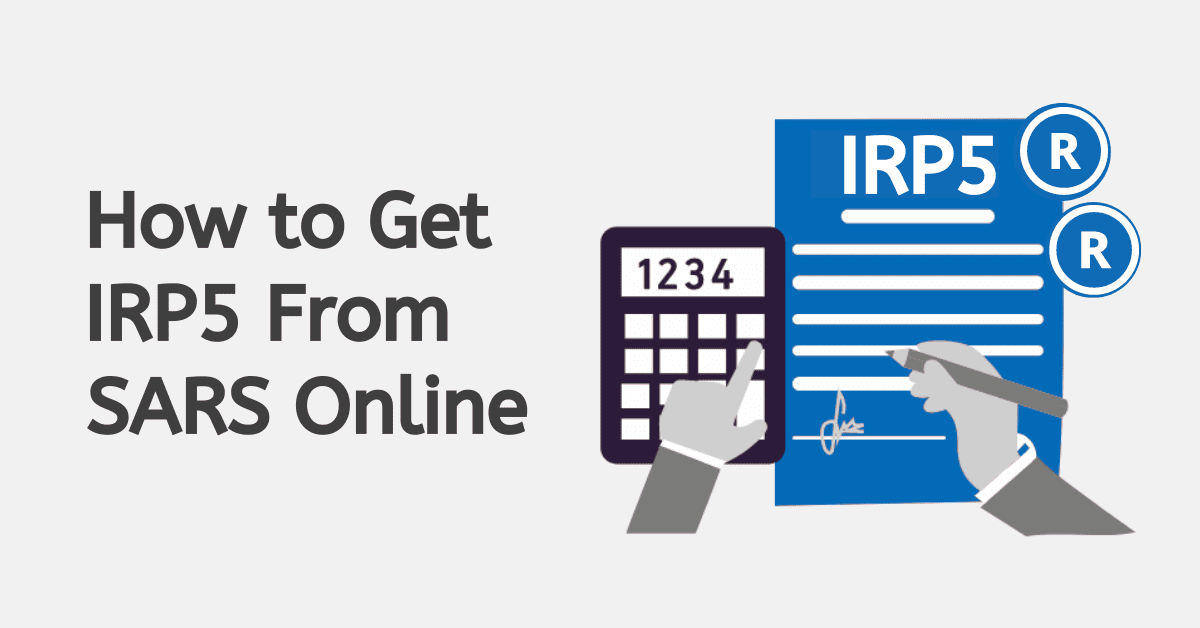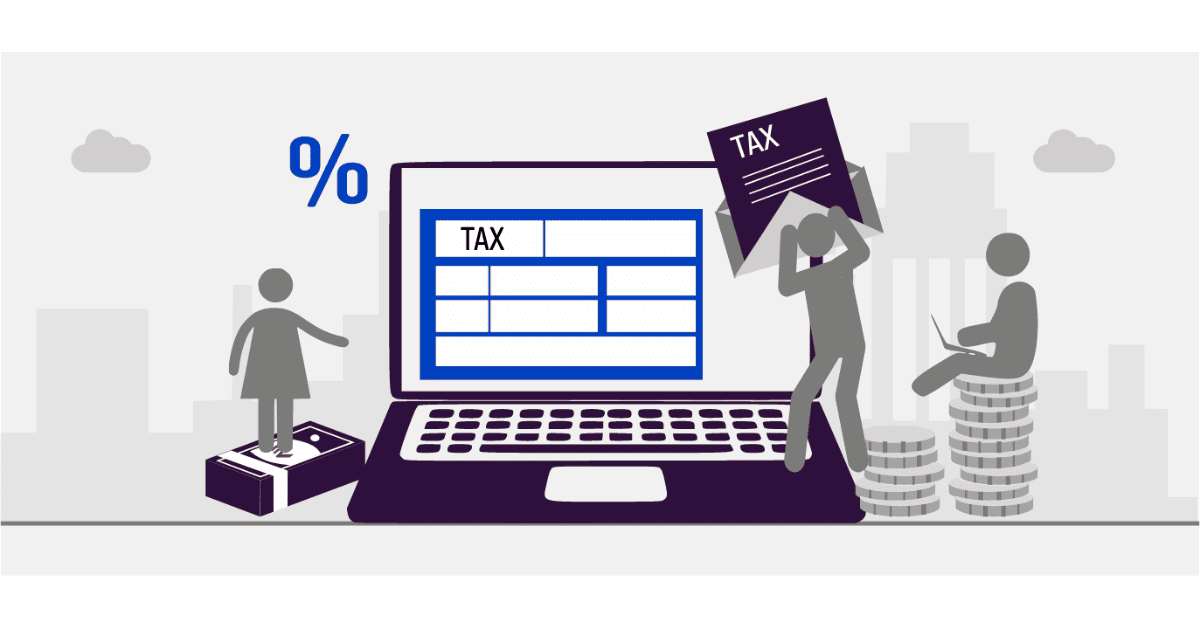Filing taxes can be time-consuming and stressful. Individuals and businesses often face cashflow challenges, which means remaining tax compliant can be a problem. However, each taxpayer is expected to meet their tax obligations every month. This article explains everything you want to know about paying your SARS monthly.
Can I Pay My Tax With a Monthly Payment?
Both individual and business taxpayers must be tax compliant and ensure the timely submission of payments and returns. Late tax payments can attract interest and penalties.
Employers must register their employees for PAYE on eFiling to facilitate the deduction of tax from each worker’s remuneration. The employer must pay the tax deducted from the employees to SARS every month. Employers must complete the Monthly Employer return (EMP201) form. Small businesses must also use different channels to make monthly tax payments.
How Do I Pay SARS Monthly?
If you are an employee, your employer is responsible for handling tax deductions that will be remitted to SARS every month. Business owners must pay their taxes within seven days after the end of the month when the taxes were deducted. All payments must be made during business days, especially if the last payment day falls on a public holiday.
The following are some of the payment methods you can use when paying your taxes to SARs.
- eFiling
- Electronic payments (EFT)
- Direct payments at the following banks: FNB, ABSA, Nedbank, Capitec, or Standard Bank branch.
Make sure you have the right payment dates to avoid penalties.
Can SARS Debt Be Written Off?
If you have outstanding SARS debt, it cannot be permanently written off since you have to +find an effective method to pay all the amount due. However, SARS officials can give you a temporary debt write-off which is just a suspension of the recovery of debt. The debt is still recoverable during this prescription period, which is 15 years from the day the debt comes into existence.
Only a senior SARS official has the autonomy to authorise a temporary tax debt write-off. During this period, the taxpayer, who is the debtor in this case, is subject to a rescue plan according to the Companies Act. SARS can use two mechanisms for individuals and businesses that cannot meet their tax obligations which include a compromise or deferred payment arrangement.
A deferred payment arrangement is when the taxpayer agrees to pay SARS as soon as they get the money. This agreement helps prevent penalties and interests that can incur as a result of non-payment of taxes.
The compromised agreement can come in the form of monthly instalments until the debt is cleared. However, SARS can withdraw the temporary debt write-off decision when the taxpayer’s circumstances change. This means tax debt cannot be forgiven or written off.
How Do I Request a Suspension of Payment From SARS?
Failure to pay SARS the amount of tax due is a criminal offence under the Tax Act. You cannot neglect your responsibility to pay taxes without authority from SARS. The good news is that you can request a suspension of payment from SARS.
You can contact SARS Contact Centre by phone at 0800 00 7277 or +27 11 602 2093 if you are an international caller. Make sure you call between 0900 hours and 1630 hours if you want SARS to suspend your payments. For all business compromises and rescues, you can contact SARS by email using the following address: sarsdebtmanagement2@sars.gov.za
The Debt Management department is there to help individuals and businesses who cannot meet their timely submissions of payments and tax returns. If you want to request a suspension of SARS payment, make sure you provide the reasons why you need that sort of compromise to your debt. The suspension can only be granted if you provide valid reasons for the request.
How Do I Check if I Owe SARS Money?
There are four different methods you can use to check the tax debt you owe SARS which include the following:
- Call SARS Contact Center on 0800 00 7277 during weekdays between 0800 hours and 1600 hours except for Wednesdays when you should call between 0900 hours and 1630 hours. International callers can call on +27 11 602 2093 during the same time. The office is closed during weekends and public holidays.
When you call the SARS Contact Centre, do the following:
- Request a statement or balance of your account
- You will be asked to provide a tax reference number
- If you do not have a tax reference number, you can provide a business registration number or ID number.
- The SARS Contact Center Agent must follow an authentication process.
- Log in to the eFiling platform and request a statement
- Log in to SARS MobiApp and request a statement
- You can also send an SMS to SARS on 47277 requesting a statement of account or income tax balance.
What Happens if I Can’t Pay My Tax?
You risk being charged interest or penalties if you cannot pay your taxes. You should contact SARS immediately if you cannot pay your tax debt. The SARS officials can reach an agreement that allows you to defer your debt for later payment. Alternatively, you can also agree to make payments in instalments.
If you fail to stick to the terms and conditions of the payment agreement, it can be revoked, and normal collection proceedings will be instituted. However, you should know that SARS reserves the right to decline your request, and interest can accrue on any unpaid debt. Therefore, it is a good idea to openly discuss your financial situation with SARS to avoid inconveniences.
Individuals and business operators who are eligible to pay taxes to SARS must be compliant to avoid penalties and interests. If you cannot meet your monthly tax obligations, you can request suspension from SARS or a temporary debt write-off. However, you should know that the amount you already owe cannot be forgiven or cancelled. All you can do is make a payment plan to clear your debt.
